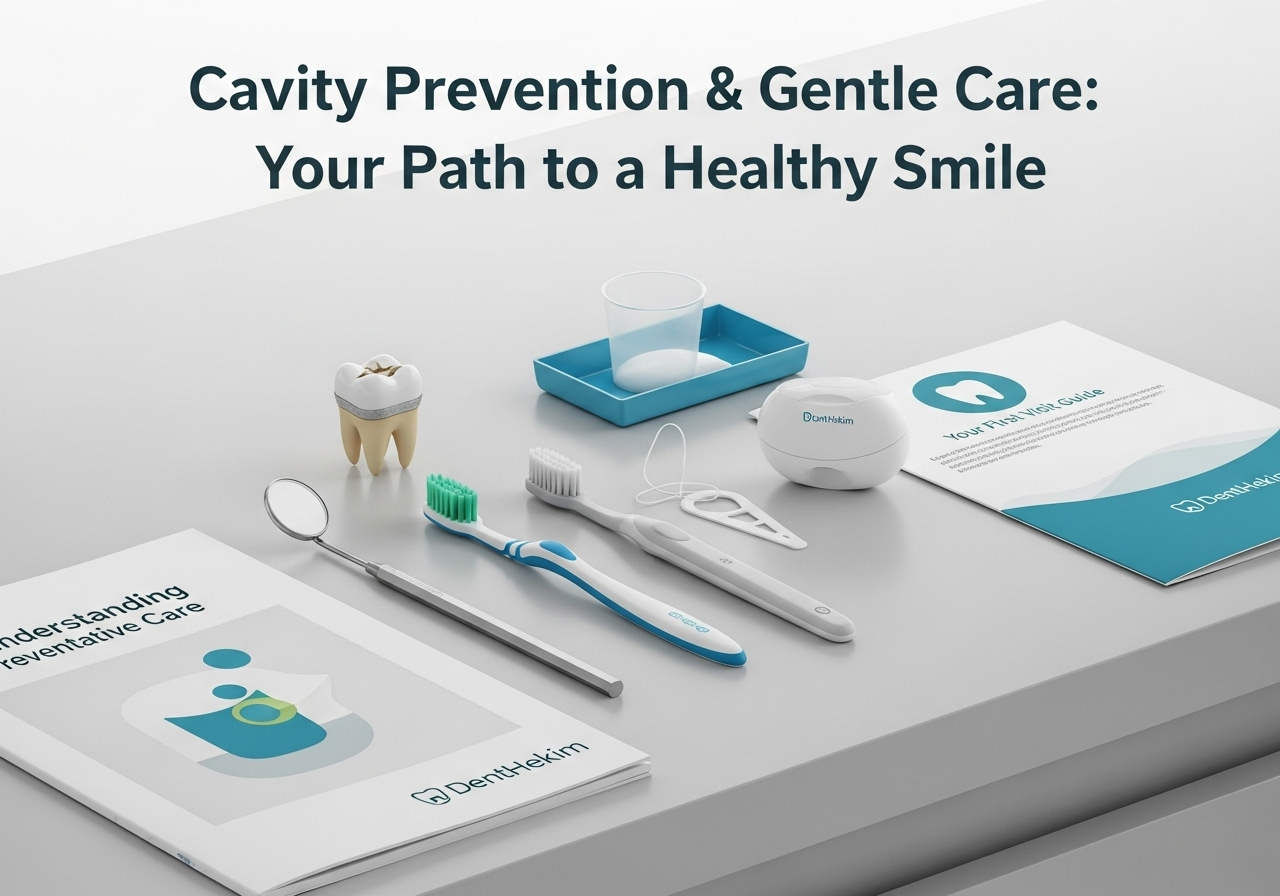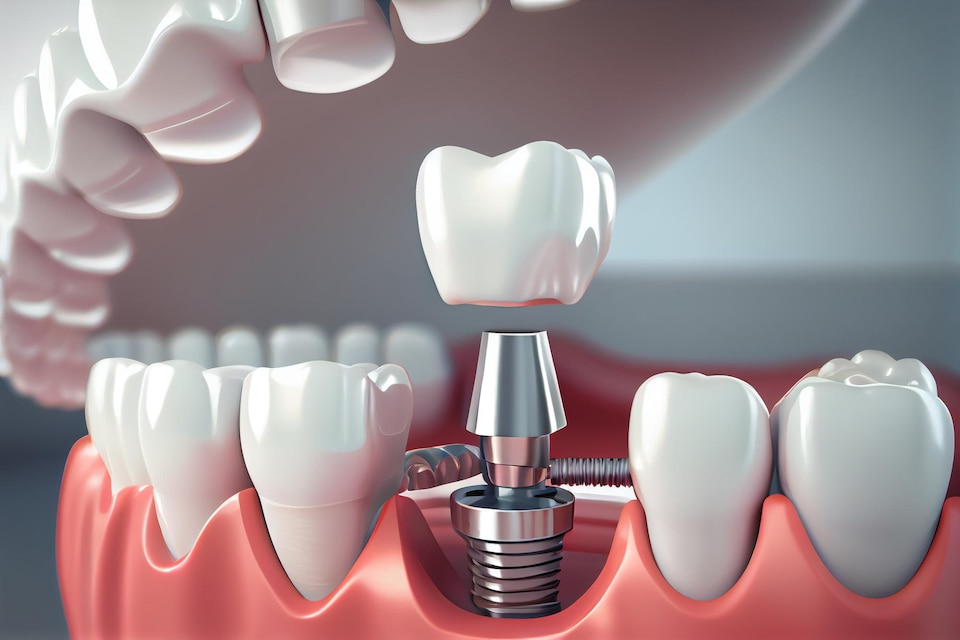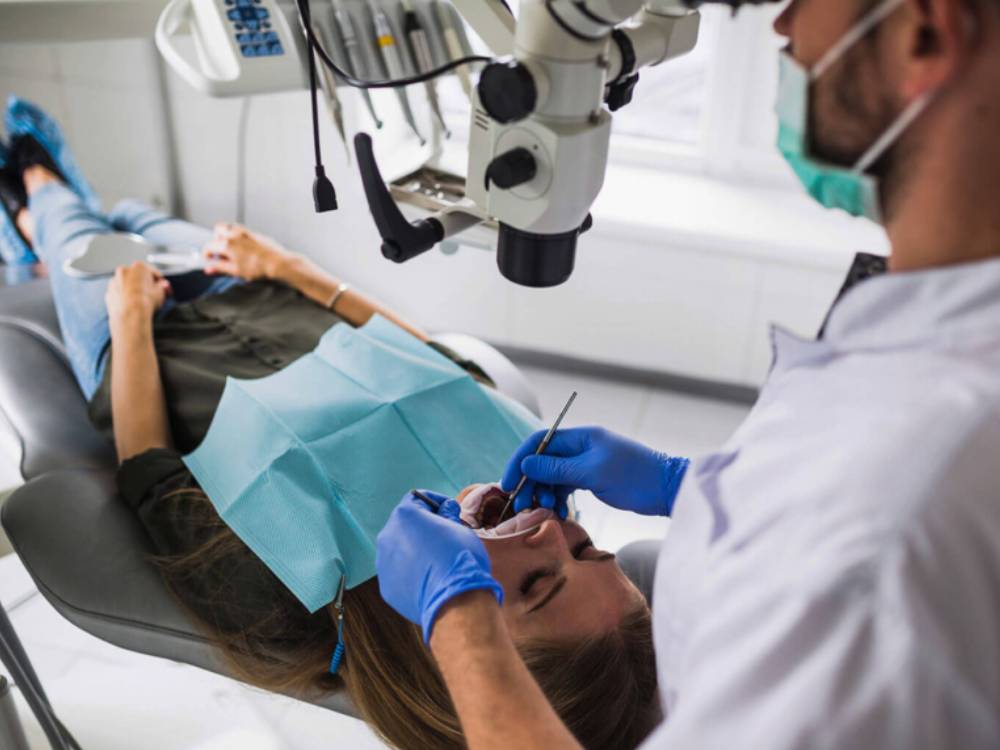Why Your Child Needs a Pediatric Dentist for Healthy Smiles

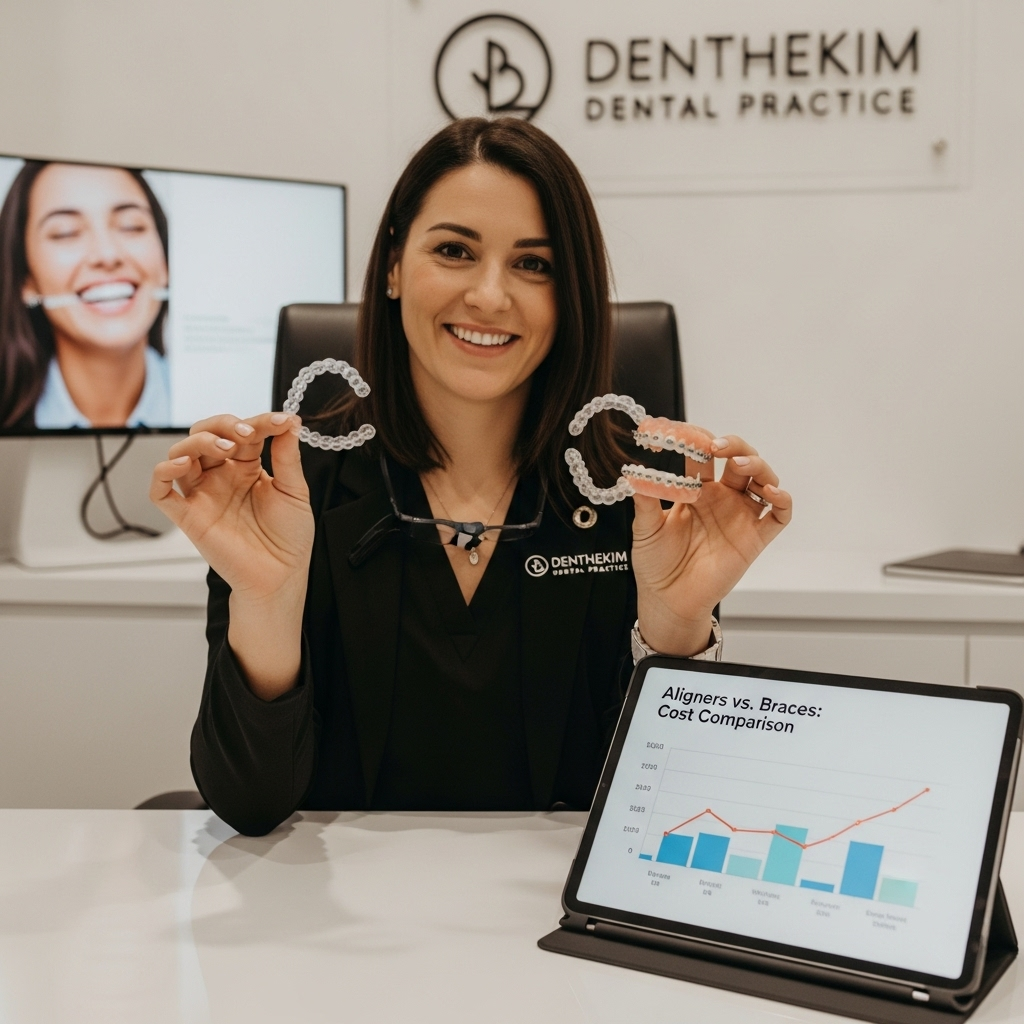
Why Your Child Needs a Pediatric Dentist: A Parent’s Guide to Healthy Smiles
Estimated reading time: 8 minutes
Key Takeaways
- Pediatric dentists receive extra training for infants, children, and adolescents.
- Early visits help establish lifelong oral health habits.
- Child-friendly offices and behavior guidance reduce dental anxiety.
- Preventive services like sealants and fluoride protect young teeth.
- Finding a pediatric dentist near me is easier with online tools and reviews.
Table of Contents
- Introduction
- What Is a Pediatric Dentist?
- Why a Children’s Dentist Matters
- Choosing a Baby Dentist
- Finding a Pediatric Dentist Near Me
- Tips for Searching Kids Dentist Near Me
- Risks, Contraindications, and Alternatives
- Recovery & Aftercare
- Cost Factors and What’s Included
- Conclusion & Call to Action
Introduction
A pediatric dentist is a specialist focused on oral care for infants, children, and adolescents, including those with special health care needs. Their training and tools make dental visits safer, gentler, and more effective for young patients. Early, specialized care sets the stage for healthy habits and prevents minor issues from becoming painful or costly.
Whether you are searching for a pediatric dentist near me or a kids dentist near me, this guide will explain what makes these professionals unique and how they support your child’s oral health from the first tooth through adolescence.
What Is a Pediatric Dentist?
A pediatric dentist completes two to three years of specialized residency after dental school. This training covers child growth, behavior management, and pediatric-specific procedures. They learn to:
- Assess changing oral anatomy in small mouths.
- Guide families through teething and mixed dentition phases.
- Manage behavior using techniques like tell-show-do.
- Care for children with special health care needs.
Practices often feature bright décor, child-size furniture, and audiovisual distractions to make visits engaging. Parents learn brushing and flossing techniques, smart snacking tips, and cavity prevention strategies tailored to each age and risk factor.
Why a Children’s Dentist Matters for Your Child’s Oral Health
Also called a children’s dentist, a pediatric specialist personalizes care to developmental milestones. They use gentle guidance, positive reinforcement, and, when appropriate, discuss sedation options with parents under strict safety protocols. This approach reduces anxiety and leads to more accurate exams.
Preventive services are central in pediatric dentistry:
- Sealants to protect molars from decay.
- Fluoride varnish to strengthen enamel.
- Habit counseling for thumb-sucking, pacifier weaning, and dietary sugars.
Pediatric dentists monitor growth, flag early orthodontic signs via orthodontic evaluations, and refer to specialists as needed. This proactive care supports a healthy bite and prevents emergencies.
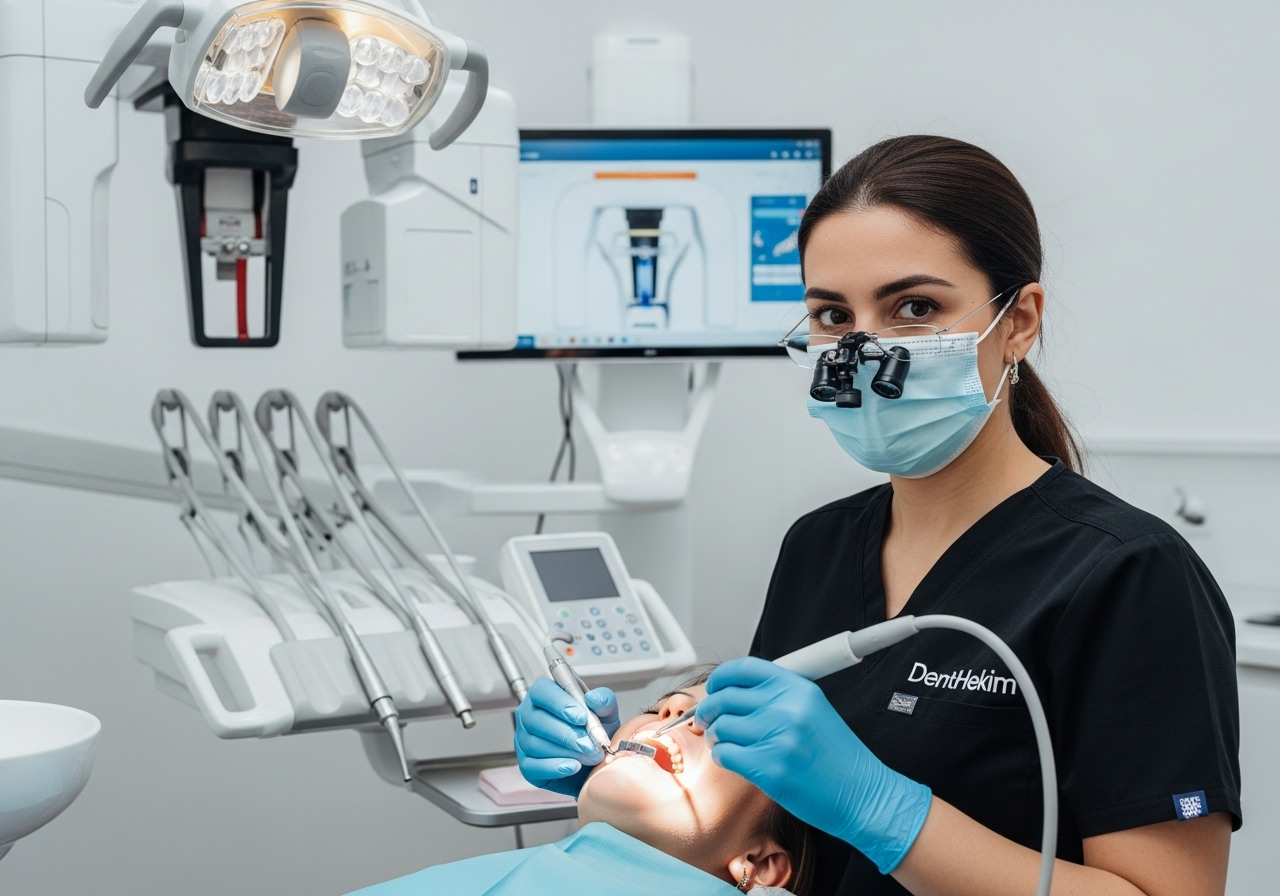
Choosing a Baby Dentist: Early Dental Visits
The American Academy of Pediatric Dentistry recommends a first dental visit by age one or within six months of the first tooth. During this well-baby check:
- The dentist performs a gentle exam and assesses cavity risk.
- Parents receive guidance on brushing techniques and fluoride use.
- Techniques to relieve teething discomfort are explained (e.g., chilled teething rings).
Early visits build positive associations and help parents feel confident in daily oral care.
Finding a Pediatric Dentist Near Me
Search “pediatric dentist near me” on Google, Maps, or Yelp. Look for:
- Positive reviews highlighting child-friendly service and communication.
- Board certification, state licensure, and ADA/AAPD memberships.
- Infection control protocols.
If possible, tour the office in person or online. Check for play areas, distraction tools, emergency protocols, accepted insurance, and payment options.
Tips for Searching Kids Dentist Near Me
Ask local parents, pediatricians, and teachers for recommendations. Consider:
- Proximity to home, work, or school.
- Appointment availability during evenings or weekends.
- Behavior management approaches and sedation options.
- Transparency on fees, bundled preventive plans, and follow-up policies.
Risks, Contraindications, and Alternatives
Pediatric dental procedures are safe when tailored properly. Dentists adjust fluoride amounts, discuss material sensitivities for sealants, and monitor sedation closely. Parents must share medical history, allergies, and medications to ensure safe care.
Alternatives include watchful monitoring, non-invasive treatments like silver diamine fluoride, or referrals to specialists. A second opinion is always an option if you are unsure about any recommendation.
Recovery & Aftercare (Including Remote Follow-Up)
After preventive visits, children resume normal activities immediately. Home care includes brushing twice daily with a soft brush and pea-sized fluoride toothpaste (smear for under three years) and daily flossing once teeth touch.
For minor procedures, aftercare is minimal. For fillings or extractions, expect temporary numbness and follow pain control and diet guidelines. Many practices offer tele-dentistry for easy follow-up.
Cost Factors and What’s Included
Costs vary by location, services, and insurance. Preventive visits often include exams, cleanings, fluoride, and periodic X-rays. Sealants are additional but can reduce future treatment costs.
Insurance may cover routine care fully. Bundled plans or membership options are available for uninsured families. Ask for general cost ranges in USD or EUR and confirm what each visit includes to avoid surprises.
Conclusion & Call to Action
Choosing a pediatric dentist ensures specialized, child-friendly care from the first tooth to the teenage years. Early visits build healthy habits and prevent future problems. Search “pediatric dentist near me”, compare top practices, and Book your appointment today for a bright, healthy smile.
FAQ
When should my child first see a pediatric dentist?
The American Academy of Pediatric Dentistry recommends the first visit by age one or within six months of the first tooth to establish a dental home and receive preventive guidance.
What makes a pediatric dentist different from a general dentist?
Pediatric dentists complete extra training in child behavior, development, and pediatric procedures. Their offices are designed for kids, and they use kid-friendly language and distraction techniques.
How do I choose the right pediatric dentist near me for my family?
Search online, read reviews, verify credentials, tour the office, and confirm logistics like insurance, payment options, and appointment hours that fit your schedule.
What preventive services should I expect for my child?
Expect professional cleanings, topical fluoride, sealants, habit counseling, and periodic X-rays to protect enamel and monitor growth.

